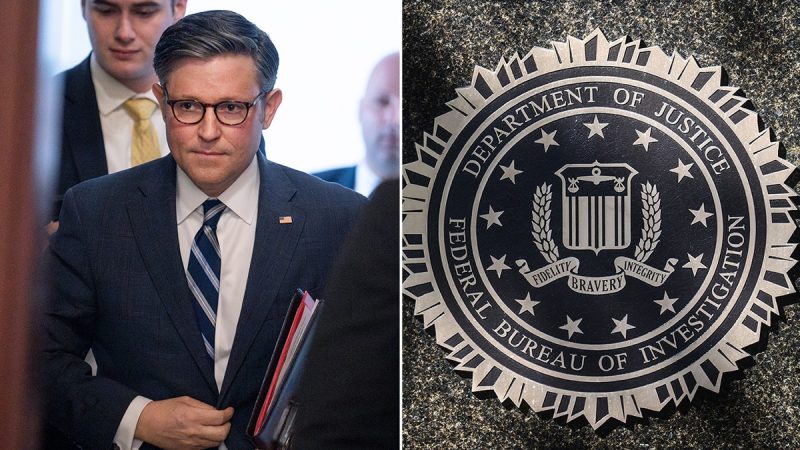The ongoing debate surrounding the renewal of the Foreign Intelligence Surveillance Act (FISA) surveillance tools has once again brought the delicate balance between national security and civil liberties into sharp focus. As the House braces for what promises to be a heated battle over the renewal of these controversial provisions, it is essential to understand the implications and concerns at play.
One of the key areas of contention is the collection of data on American citizens without warrants under Section 702 of FISA. Proponents argue that these tools are crucial for monitoring foreign targets and safeguarding national security interests. However, critics raise concerns about potential abuse of power, lack of oversight, and violations of privacy rights.
Over the years, multiple instances of misuse and overreach by intelligence agencies have come to light, further fueling skepticism and calls for greater transparency and accountability. The revelations about the NSA’s mass surveillance programs, exposed by whistleblowers like Edward Snowden, have underscored the need for robust safeguards and checks and balances to prevent unwarranted intrusions into the privacy of individuals.
In addition to concerns about privacy violations, the FISA renewal debate also raises questions about the effectiveness of these surveillance tools in combating terrorism and other national security threats. Critics argue that the bulk collection of data has not always produced actionable intelligence, pointing to instances where intelligence failures occurred despite the expansive surveillance apparatus in place.
Moreover, the potential for unwarranted surveillance to chill free speech, dissent, and political activism is another critical issue that must be considered in the discussion over FISA renewal. The fear of being monitored and the possibility of retribution for expressing controversial views can have a chilling effect on democratic discourse and civic engagement, eroding the fundamental principles of democracy.
As the House gears up for what promises to be a contentious debate on the renewal of FISA surveillance tools, legislators must carefully weigh the trade-offs between national security imperatives and individual privacy rights. Finding the right balance between safeguarding national security and protecting civil liberties is a complex and challenging task that requires thoughtful deliberation and a commitment to upholding constitutional values.
The outcome of this debate will have far-reaching implications for the future of surveillance practices in the United States and the preservation of fundamental rights and freedoms. It is essential for lawmakers to engage in a rigorous and transparent deliberative process that takes into account the concerns and perspectives of all stakeholders to ensure that any decision on FISA renewal reflects a careful consideration of competing interests and values.

